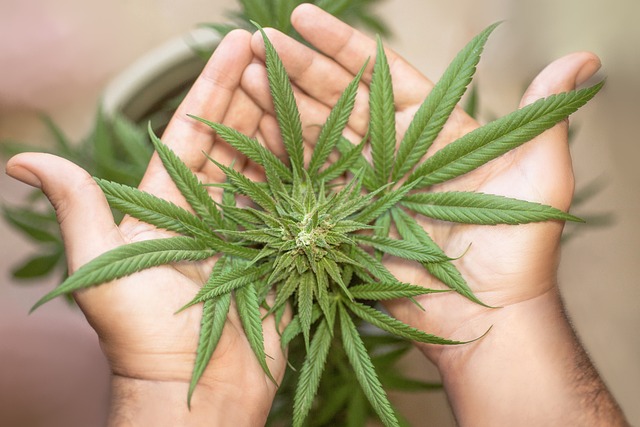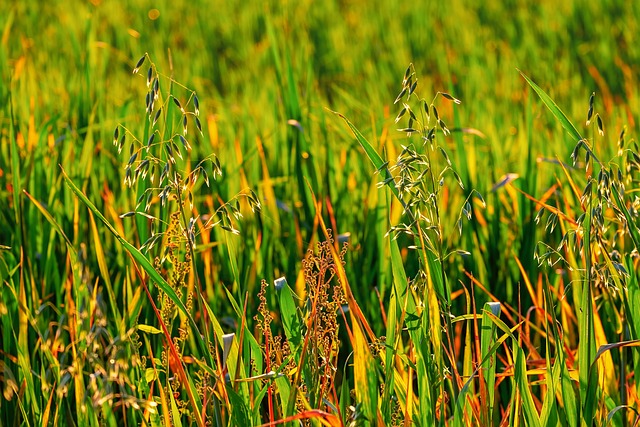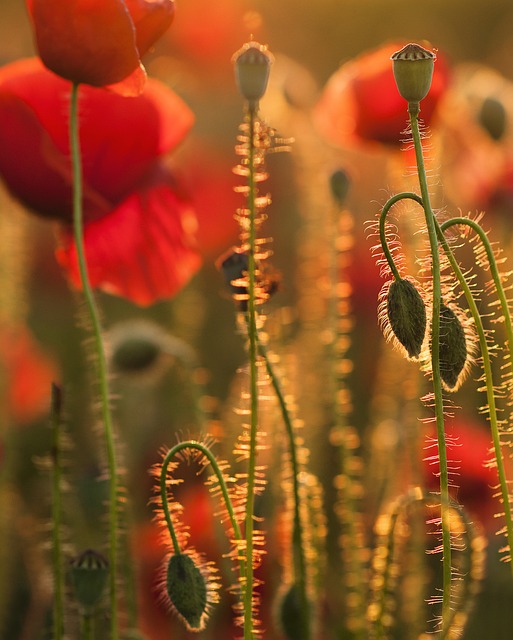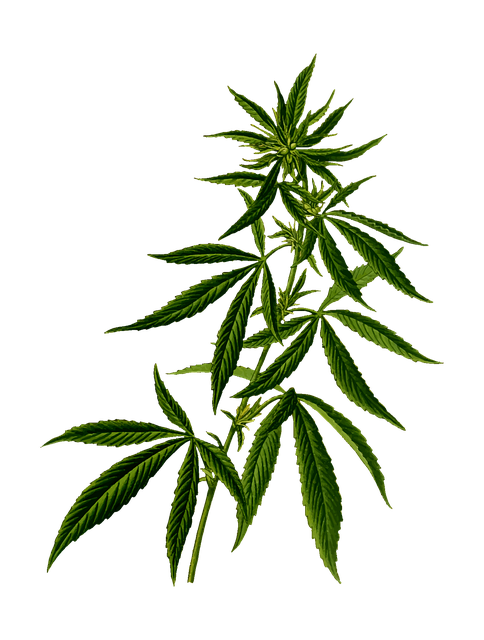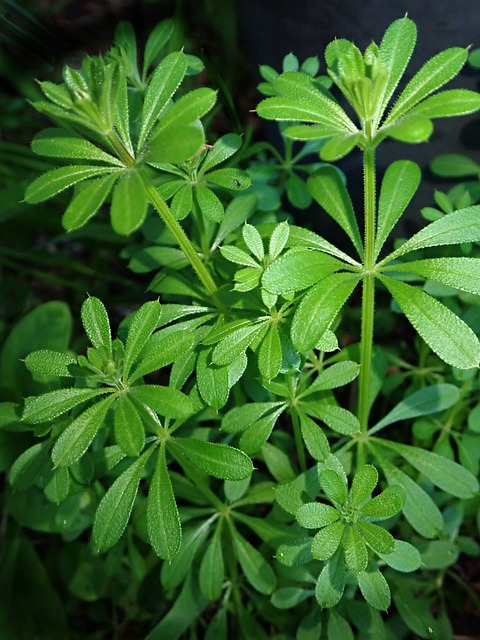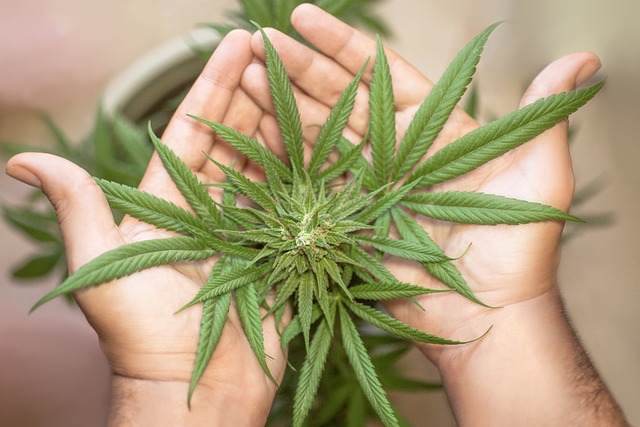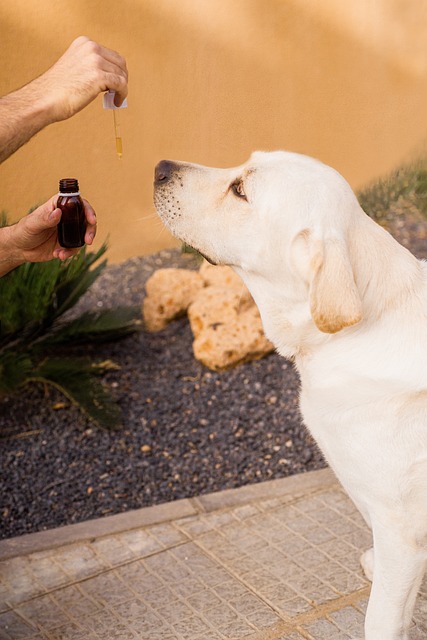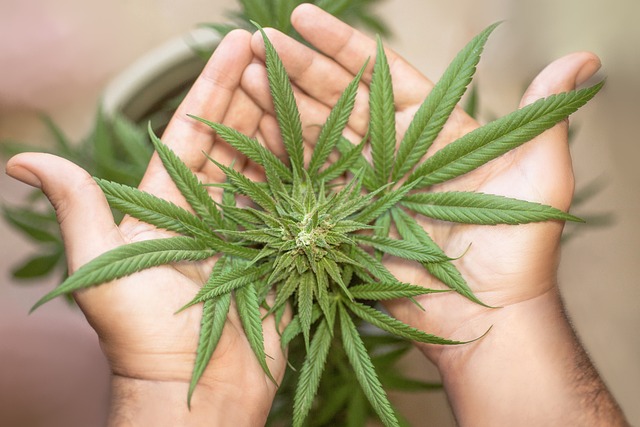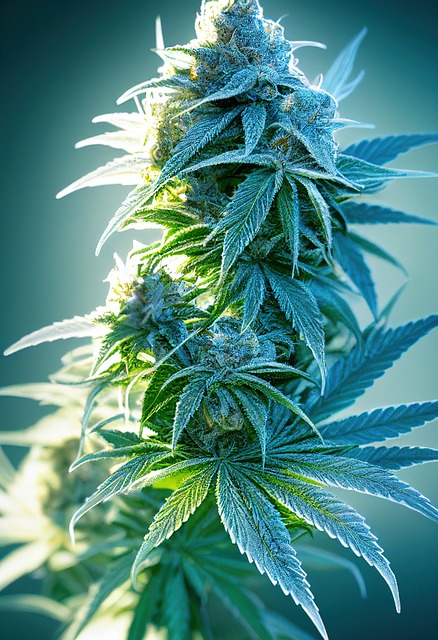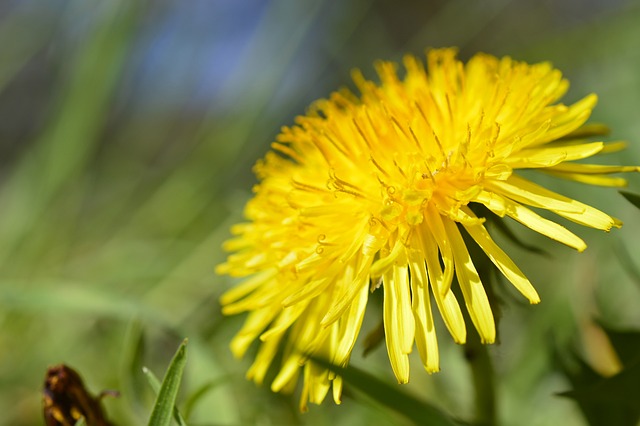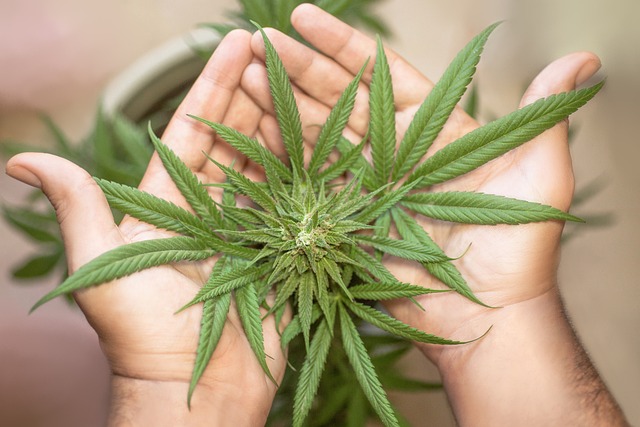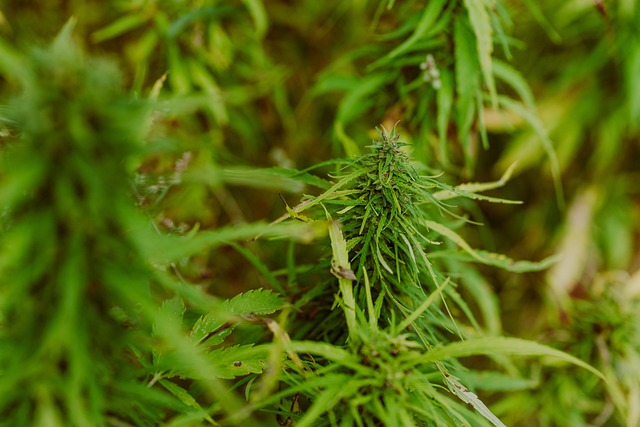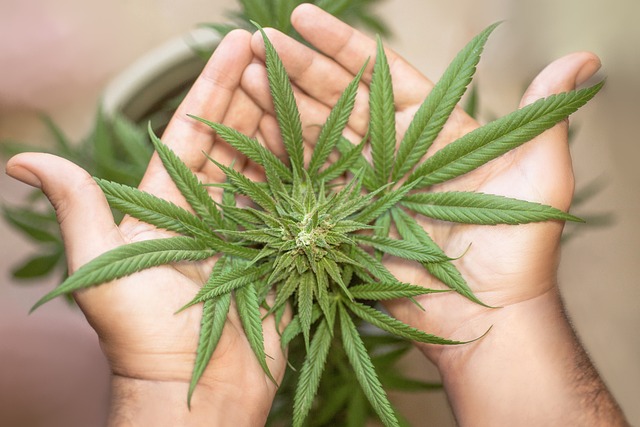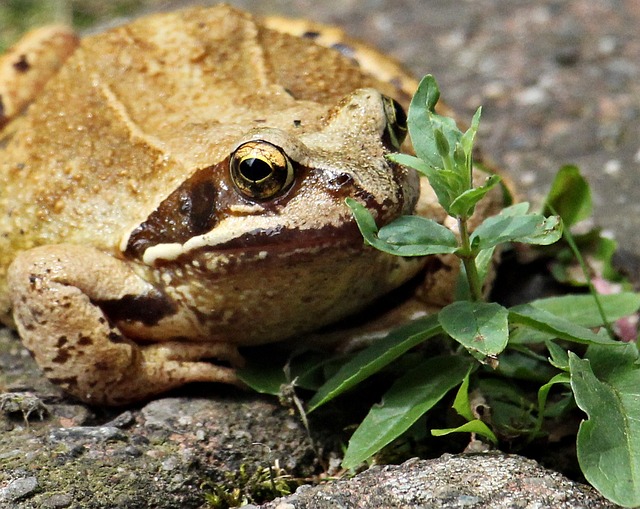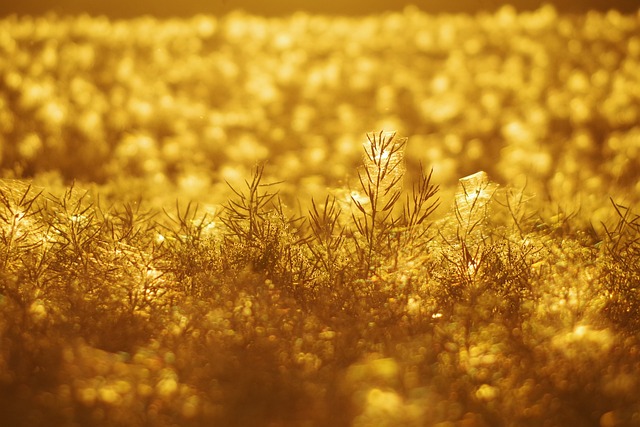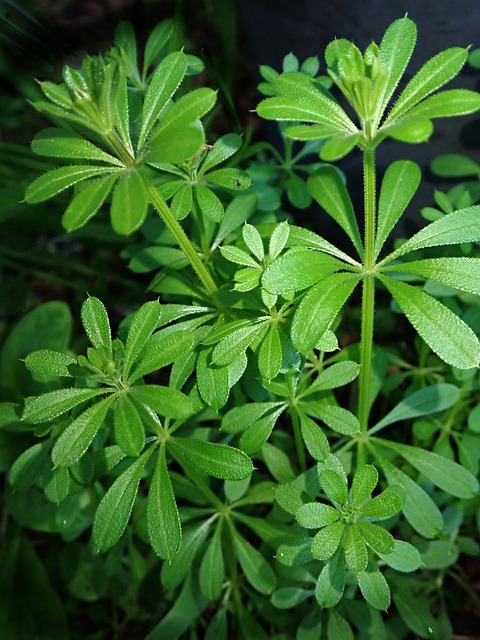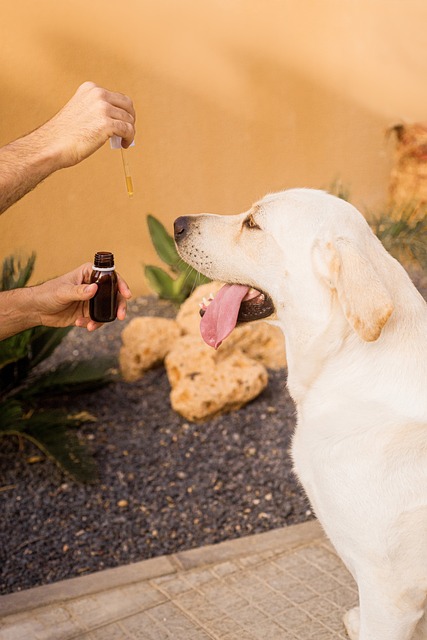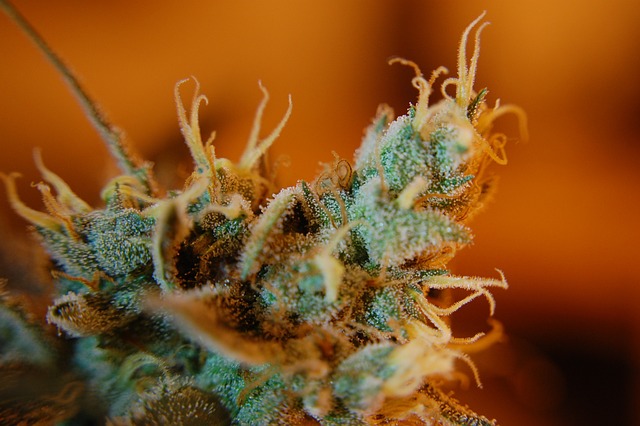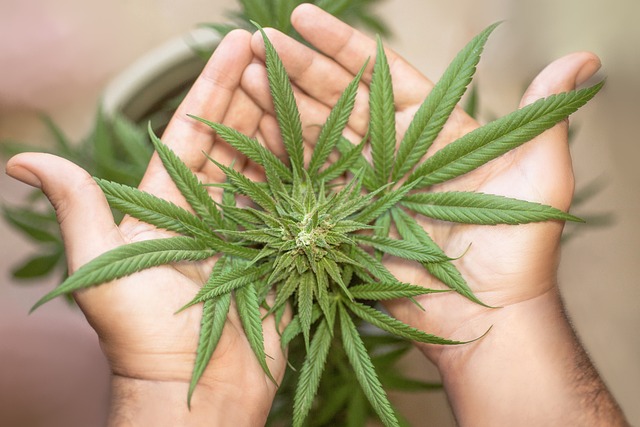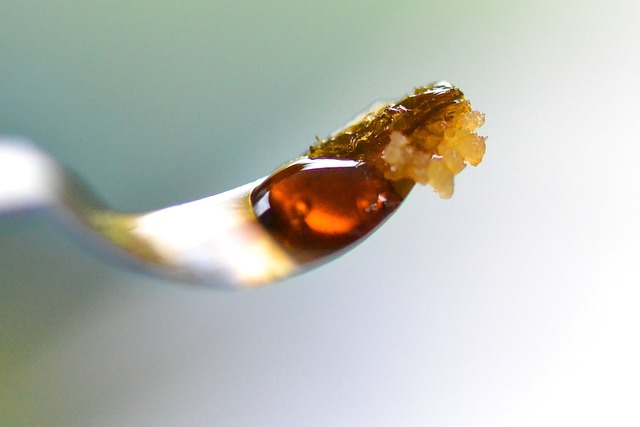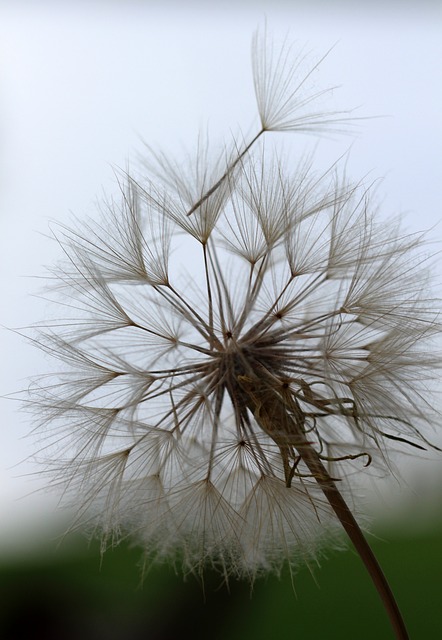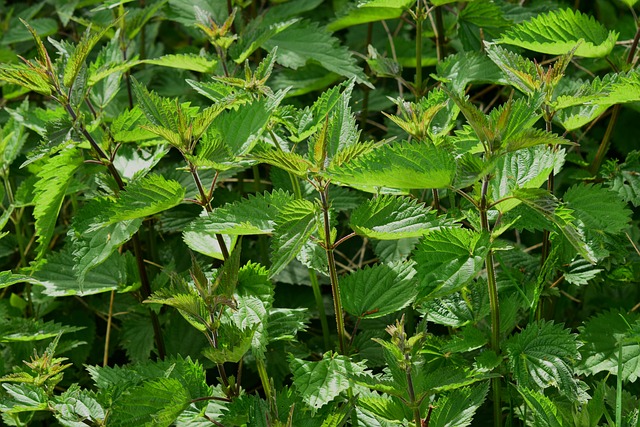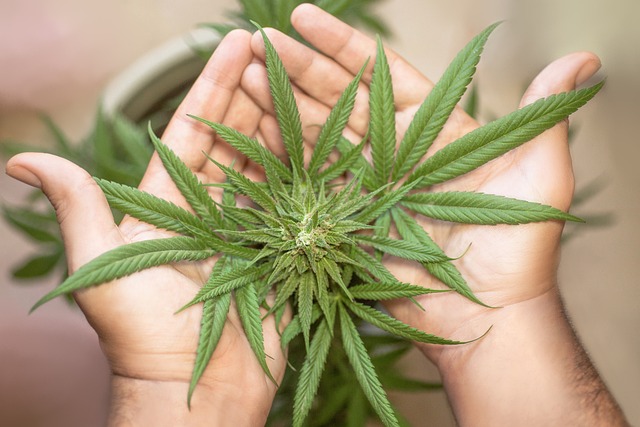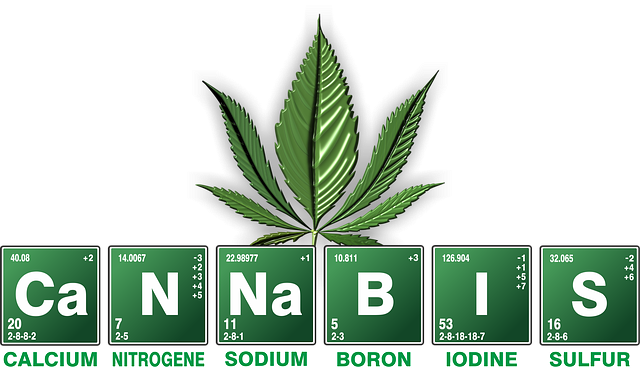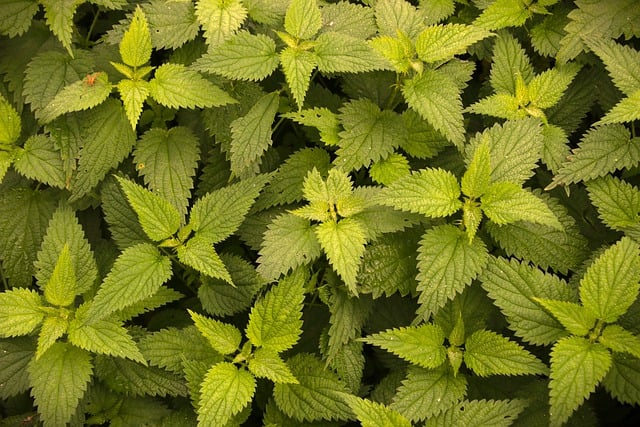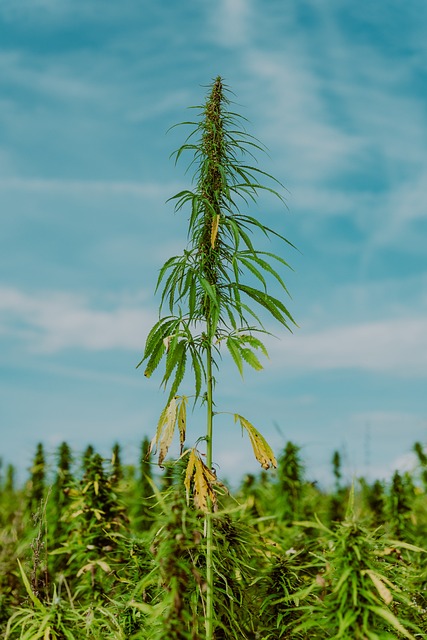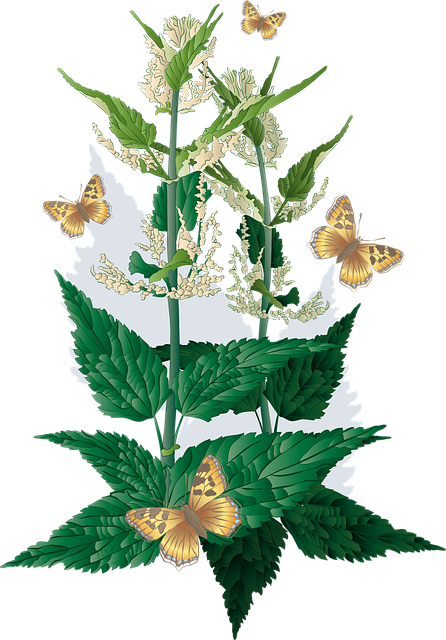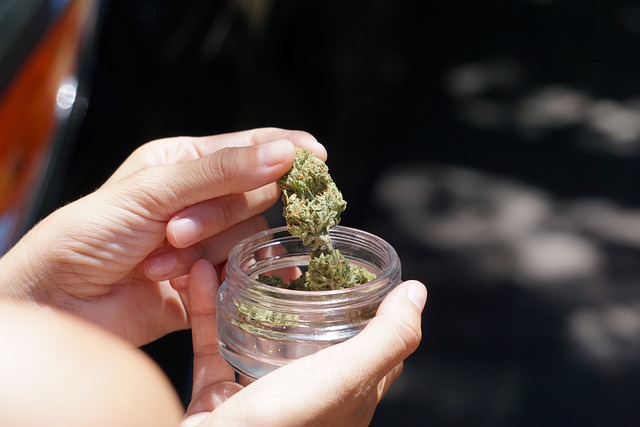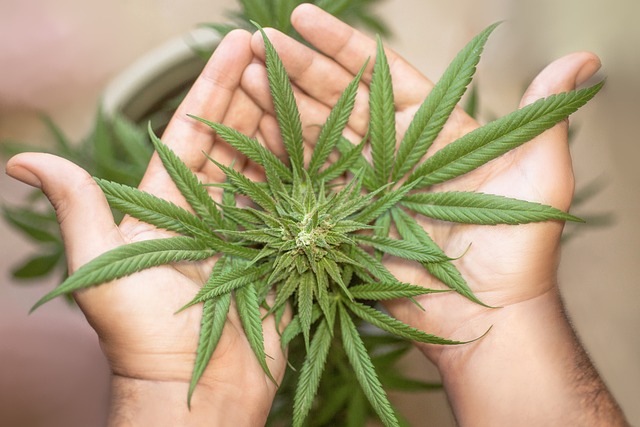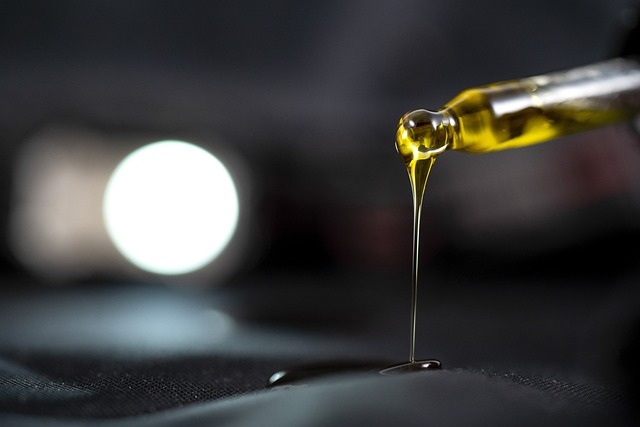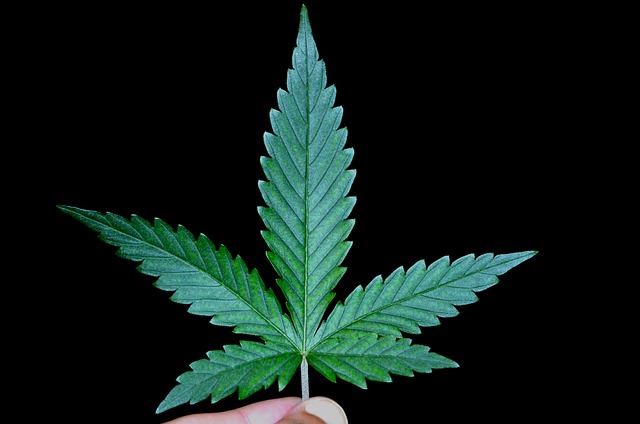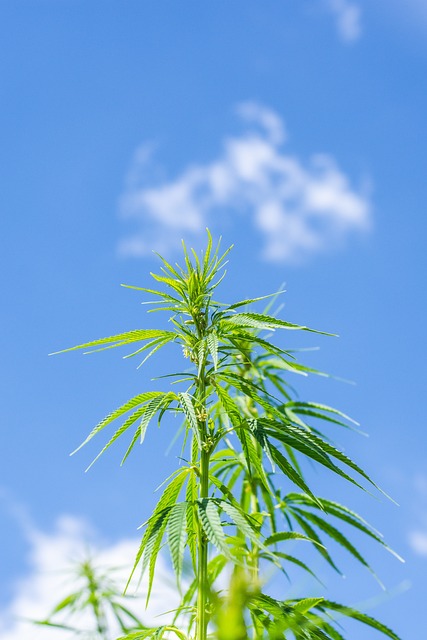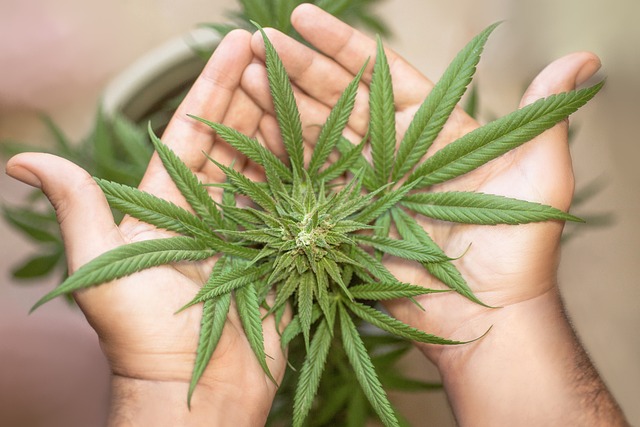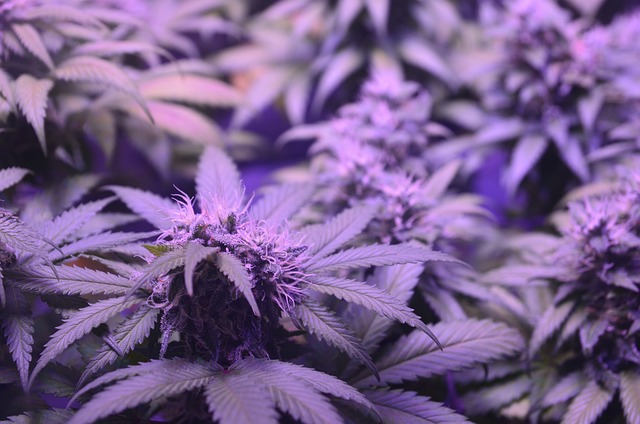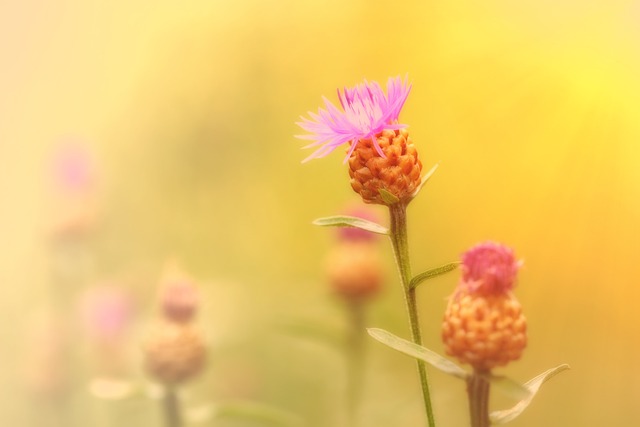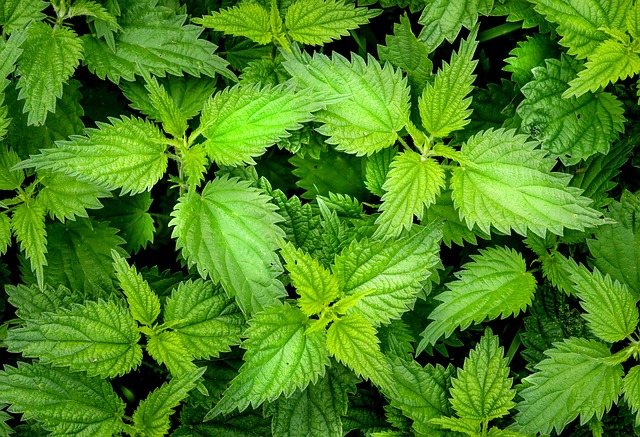Exploring THCA Buds: Benefits and Considerations for Sleep Disorders

🌿 THCA Buds for Sleep Disorders: A Natural Approach 🌿
THCA buds, a non-psychoactive form of cannabinoid found in hemp and cannabis plants, are being explored as a natural remedy for sleep disorders. These buds offer potential therapeutic benefits without the mind-altering effects of THC. They engage with the endocannabinoid system to promote relaxation and enhance sleep quality, potentially aiding those with sleep onset or maintenance issues. Additionally, THCA's anti-inflammatory, neuroprotective, and antiemetic properties are under investigation for broader health benefits.
For those considering THCA buds for improved sleep, it's crucial to start with low doses and seek advice from healthcare professionals well-versed in cannabis therapies. The method of consumption—whether through vaporizing/smoking, edibles, or sublingual administration—can affect the onset and duration of THCA's effects.
Legal considerations are paramount; users must verify the legality of THCA buds in their jurisdiction, as laws vary and can be complex. Procurement should only be from reputable sources that provide certificates of analysis (COAs) to ensure product quality and safety.
In summary, THCA buds present a promising option for individuals with sleep disorders, but it's essential to approach their use with caution, professional guidance, and careful consideration of legal and personal factors. Regular monitoring of effects and adjustments to usage are recommended to maximize benefits and ensure a safe sleep experience.
Exploring the therapeutic potential of THCA buds, this article sheds light on their role in addressing sleep disturbances. From understanding the benefits and scientific mechanisms at play to navigating legal considerations, we delve into how these cannabinaceae-rich flowers can be a viable option for those seeking natural remedies. We’ll cover sourcing quality THCA buds, dosage strategies, and consumption methods to optimize their efficacy as a sleep aid. While discussing the potential side effects, we’ll also address interactions with medications, precautions, and real-life user experiences. Additionally, we’ll explore the impact of terpenes on enhancing THCA’s sleep-inducing properties and debunk myths versus facts regarding their use for sleep disorders. For those considering integrating THCA buds into their sleep routine, this article offers a comprehensive guide to do so safely and responsibly, ensuring you are well-informed before seeking professional advice if needed.
- Understanding THCA Flowers and Their Potential Benefits
- The Science Behind THCA and Its Effects on Sleep Disorders
- Sourcing Quality THCA Buds for Sleep Disorders
- Dosage and Methods of Consumption for Optimal Sleep Aid Efficacy
- Possible Side Effects of Using THCA Flowers for Sleep Disturbances
- Navigating the Legal Landscape of THCA Bud Use for Sleep Issues
Understanding THCA Flowers and Their Potential Benefits
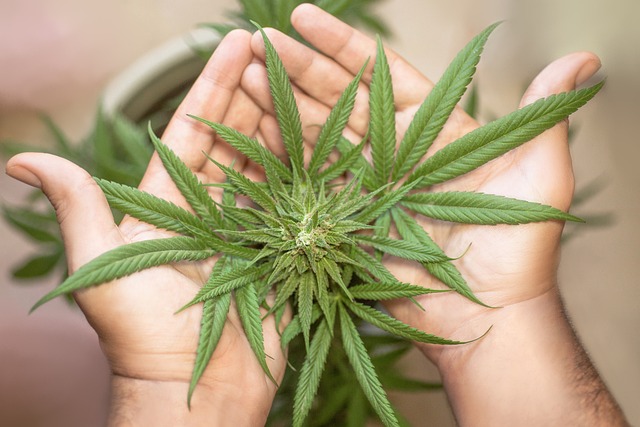
THCA, or Tetrahydrocannabinolic Acid, is a non-psychoactive cannabinoid found in raw cannabis plants, which, when exposed to heat or light, converts into the well-known psychoactive compound THC. THCA buds have garnered attention for their potential therapeutic properties, with research suggesting they may offer benefits without the mind-altering effects of THC. One of the most notable potential applications of THCA buds is in addressing sleep disorders. Individuals experiencing difficulties falling asleep or staying asleep may find that THCA can promote relaxation and improve sleep quality due to its interaction with the body’s endocannabinoid system, which plays a crucial role in regulating sleep-wake cycles.
Incorporating THCA buds into one’s nightly routine can be an appealing option for those seeking natural remedies for sleep disturbances. Unlike THC products, THCA maintains its cannabinoid profile and does not induce psychoactive effects, making it a viable option for those who wish to avoid mind-altering substances. The potential benefits of THCA buds extend beyond sleep; they are also being explored for their anti-inflammatory, neuroprotective, and antiemetic properties. As interest in cannabinoids grows, ongoing studies aim to elucidate the full spectrum of THCA’s effects and establish clear guidelines for its use in managing various health conditions, including sleep disorders.
The Science Behind THCA and Its Effects on Sleep Disorders

Delta-9-tetrahydrocannabinol acid (THCA) is a non-psychoactive cannabinoid found naturally in cannabis and hemp plants, which has garnered attention for its potential therapeutic properties, including its impact on sleep architecture. THCA buds are increasingly being explored for their effects on sleep disorders, with studies suggesting that this compound may influence sleep more positively than its psychoactive counterpart, THC. The molecular structure of THCA binds weakly to the CB1 and CB2 receptors in the endocannabinoid system, which may contribute to its sedative-like effects without the intoxicating consequences associated with delta-9-THC. This binding can modulate neurotransmitter release, potentially enhancing the efficiency of GABAergic transmission, a neurotransmitter system that promotes relaxation and is pivotal in the sleep-wake cycle regulation.
Research indicates that THCA may help alleviate insomnia and other sleep disturbances by improving sleep quality and increasing the duration of deeper stages of sleep, such as REM (rapid eye movement) and non-REM sleep. Users report feeling drowsy and relaxed after consuming THCA buds, which can be particularly beneficial for those suffering from conditions like anxiety and chronic pain that often disrupt normal sleep patterns. The anti-inflammatory properties of THCA may also play a role in reducing pain and discomfort that can interfere with restful sleep. As such, THCA buds represent a promising alternative for individuals seeking natural remedies to manage sleep disorders, though more clinical research is needed to fully elucidate the extent of its effects on sleep and its potential as a treatment option.
Sourcing Quality THCA Buds for Sleep Disorders
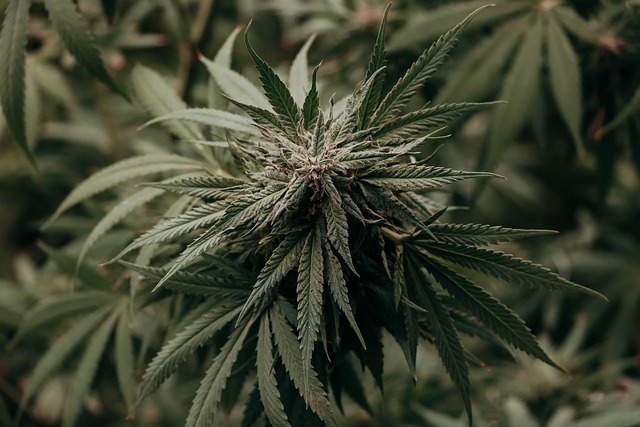
When exploring natural remedies for sleep disorders, THCA buds have garnered attention for their potential therapeutic benefits. THCA, or Tetrahydrocannabinolic Acid, is a non-psychoactive cannabinoid found in the Cannabis sativa plant that some research suggests may aid in promoting restful sleep. Sourcing high-quality THCA buds is paramount for those seeking this natural approach to sleep disturbances. The quality of THCA buds can be influenced by various factors, including the strain of cannabis, the growing conditions, and the extraction and processing methods used. Optimal sleep benefits are likely to arise from buds that contain a higher concentration of THCA and have been cultivated with care to maintain the integrity of this beneficial compound.
Prospective users should consider reputable sources for obtaining THCA buds for sleep disorders. Trusted dispensaries or specialty stores that provide certificates of analysis (COAs) for their products can offer assurance of the THCA content and the absence of contaminants, ensuring a safer experience. Additionally, consultations with healthcare providers knowledgeable in cannabis therapies are recommended to determine the appropriate dosage and to discuss potential interactions with other medications. By prioritizing quality and sourcing from reliable providers, individuals can explore THCA buds as a natural option to improve their sleep patterns and overall well-being.
Dosage and Methods of Consumption for Optimal Sleep Aid Efficacy
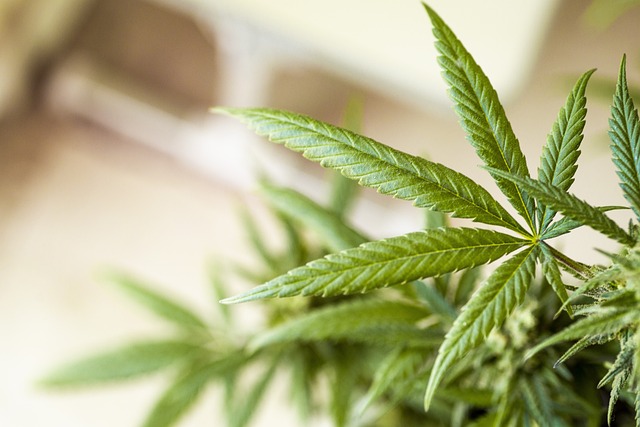
THCA buds have garnered attention as a potential natural remedy for sleep disorders due to their non-psychoactive properties and the belief in their sedative effects. When considering THCA buds as a sleep aid, it is crucial to understand the correct dosage and methods of consumption for optimal efficacy. Typically, users should start with a low dose to gauge individual sensitivity, as excessive intake can lead to opposite effects, such as alertness or grogginess. A common starting point might be 1-3 milligrams of THCA per day, divided into smaller doses throughout the evening.
The method of consumption also plays a significant role in how THCA buds affect sleep. Consuming THCA through inhalation, such as vaporizing or smoking, may offer quicker onset of effects but should be done with caution due to potential irritants and combustion byproducts. On the other hand, ingesting THCA via edibles, capsules, or sublingual administration can provide a more prolonged and steady release into the bloodstream, which may be more conducive to sustained sleep patterns. It is advisable to consume these forms of THCA buds about an hour before bedtime to allow sufficient time for the compound to take effect. Always consult with a healthcare provider before incorporating THCA buds into a sleep regimen, as individual responses can vary, and they can guide you on safe dosing based on your specific health needs and conditions.
Possible Side Effects of Using THCA Flowers for Sleep Disturbances

THCA, or tetrahydrocannabinolic acid, is a non-psychoactive cannabinoid found in hemp and cannabis plants that has garnered attention for its potential therapeutic benefits. Among these benefits, THCA buds are increasingly being explored as a natural remedy for sleep disorders. Individuals seeking alternatives to traditional sleep aids may consider THCA flowers due to their reported efficacy in promoting relaxation and alleviating insomnia symptoms. While anecdotal evidence suggests that THCA can help address sleep disturbances by easing the mind and body into a restful state, it’s important to approach its use with caution. Some users may experience side effects such as drowsiness, dry mouth, or gastrointestinal discomfort when using THCA buds for sleep disorders. These adverse reactions can vary based on dosage, individual physiology, and the specific strain of the THCA flower used. Users are advised to start with small doses to gauge their body’s response and consult with a healthcare professional before integrating THCA flowers into their sleep regimen. Additionally, as with any supplement or medication, it is crucial to maintain awareness of how THCA interacts with other substances and medications one may be taking. Monitoring the effects and adjusting usage accordingly can help mitigate potential side effects and ensure a safe and restful sleep experience.
Navigating the Legal Landscape of THCA Bud Use for Sleep Issues

Navigating the legal landscape of THCA buds for sleep disorders requires a nuanced approach, as regulations vary by jurisdiction. THCA, or tetrahydrocannabinolic acid, is a non-psychoactive cannabinoid found in the raw cannabis plant, which has garnered attention for its potential therapeutic properties, particularly in addressing sleep disturbances. While research into its efficacy and safety is still evolving, anecdotal evidence and preliminary studies suggest that THCA may offer benefits for individuals with sleep issues, such as insomnia or sleep apnea. Users contemplating the use of THCA buds should first verify the legality of cannabis products in their area, as laws are subject to change and can be complex. In some regions, THCA is readily available, while in others, it may be legal only for medical purposes with a doctor’s recommendation. It’s crucial for potential users to understand the legal parameters governing THCA bud use in their specific location to avoid legal repercussions. Additionally, those interested in exploring THCA buds as a sleep aid should approach this carefully, considering factors like dosage, strain selection, and personal sensitivity. Consulting with healthcare professionals is advisable to ensure that any complementary or alternative treatments align with one’s overall health plan and do not interfere with prescribed medications or conditions. As with any therapeutic intervention, individual experiences with THCA buds can vary, and what works for one person may not be effective for another. Users should proceed with caution, monitor their responses, and adjust use as necessary based on personal experience and professional guidance.
When exploring the potential of THCA buds for sleep disorders, it’s crucial to consider both their purported benefits and the possibility of side effects. As highlighted throughout this article, THCA flower may offer a promising avenue for individuals seeking relief from sleep disturbances, with scientific research supporting its efficacy as a natural sleep aid. Sourcing quality THCA buds is a critical step in ensuring safety and effectiveness, and understanding the correct dosage and consumption methods is equally important. However, it’s imperative to be aware of potential side effects, which can include drowsiness, dry mouth, or gastrointestinal discomfort. Users should approach THCA flower with caution, especially considering the varying legal statuses across different regions. For those interested in incorporating THCA buds into their sleep disorder management plan, careful consideration, responsible use, and adherence to local laws are essential components for a positive experience.

